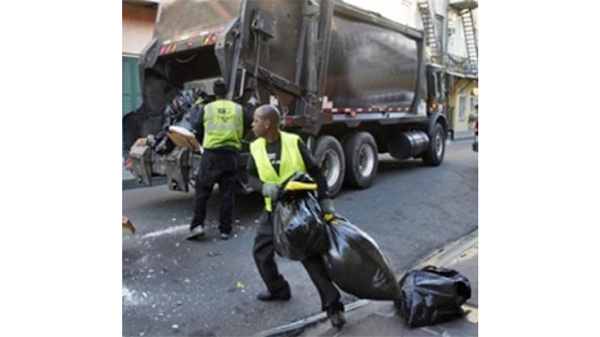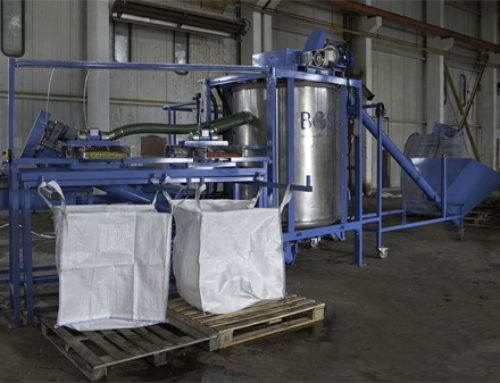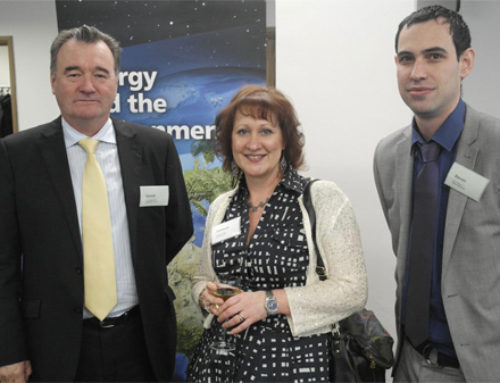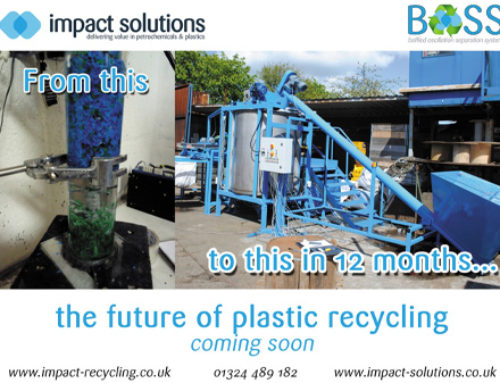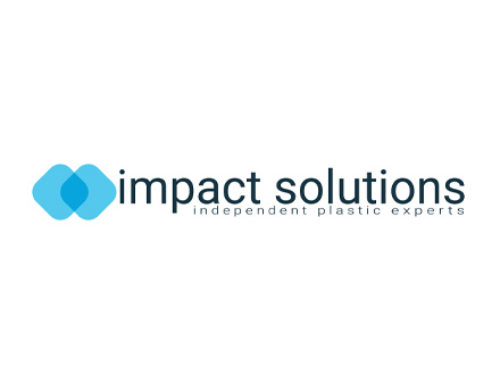Technologies and routes for recycling high value plastic waste (largely bottles) are well proven, however the UK still recycles only just over 30% of post-use plastic. The main reason is that the plastic waste is very often a highly diverse mixture and heavily contaminated.
When mass waste treatment Autoclaves started operating in the UK, Impact recognised their potential as a source of valuable low cost but functional plastics and fibre materials.
Impact knew that these two wastes in combination had potential for use in Fibre Plastic Composites (FPC), a technology in which Impact has extensive experience.
Impact initially determined the physical condition of the plastics following the Autoclave treatment which left the properties of plastics such as PET, and PP largely unchanged when compared to untreated controls. However the PE had softened and shrank producing polyolefin pebbles that encapsulated dirt and other contaminates.
Impact undertook a highly focused program of work in cooperation with the two UK Autoclave operators which confirmed the potential value of these pebbles.
This showed that the properties of the plastics present in the pebbles had also largely been unchanged by passing through the Autoclave process.
The program involved developing commercial scale “washing” separating and preparing processes that produced clean and dry plastic and fibre that was used to make FPC formulations which performed technically similar to commercially available FPC but at a significantly lower cost.
Impact is still looking to work closely with Autoclave operators to exploit this exciting opportunity.
Impact can deliver the same benefits to you. Whether you are a producer of a waste resource or a manufacturer who wants to increase their product’s green credentials and lower production costs by utilising recycled raw materials………Impact can help!
Contact us today to learn more about Recycling High Value Plastic Waste!
Be sure to follow us on Twitter, Facebook and LinkedIn to stay up-to-date with relevant developments!

